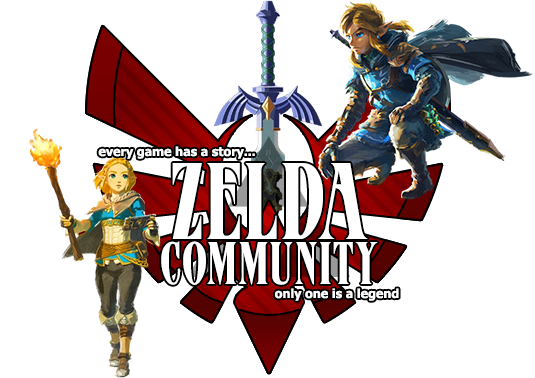- Official Post
I always like me a serious discussion :=_=:
A few questions for everyone, I'd be interested to know.
1) Is there a difference between justice and revenge?
my take
No. I take the justice system (not the same as justice) to be a combo of revenge and punishment. The difference between those two things is the intention: revenge is undertaken for emotional reasons, the idea that somebody deserves to suffer, whereas punishment is supposed to be correctional, intended to prevent some behaviour from happening again. But when someone talks about justice as a concept, they're usually talking about some moral-like force, about getting what you deserve, which to me is no more than emotional gratification, which is revenge. So, as most commonly meant, justice = revenge.
2) Is revenge ok?
my take
No. Revenge causes more harm than it solves (remember we're not talking about punishment here). Revenge is simply the external effects of hatred. A calm and enlightened approach leads to better outcomes, imo. But there's a snag here, because I know that if someone did something terrible like kill one of my close family, I would be ridonculously hurt and would probably seek revenge. I think, given enough stimulation, most people would stoop to revenge, no matter their normal attitude. So is revenge ok? No. It is understandable? Definitely. Is it forgivable? I don't know. To go further on that question gets thorny. Just because something's normal or understandable, that doesn't make it right, and therefore should it be forgivable? But then, people need some room for mistakes.
3) Does punishment work?
my take
Sometimes. There is certainly a place for deterrents in teaching ethical behaviour, from childhood onwards. Having a civilised word doesn't always cut it. I don't think corporal (violent) punishment works in the long term. The threat of physical punishment can produce immediate results if severe enough, but it also causes resentment and the probability of even worse behaviour at a later stage. And if punishment is abusively severe, the victim is likely to become abusive later on - that has been well documented. The problem is that most people have very little understanding of psychology and how things affect a person. And when someone does something wrong, it's very easy to be clouded by the desire for revenge and convince yourself it's something different. Punishment has a place, then, but should be used with care and scepticism.

